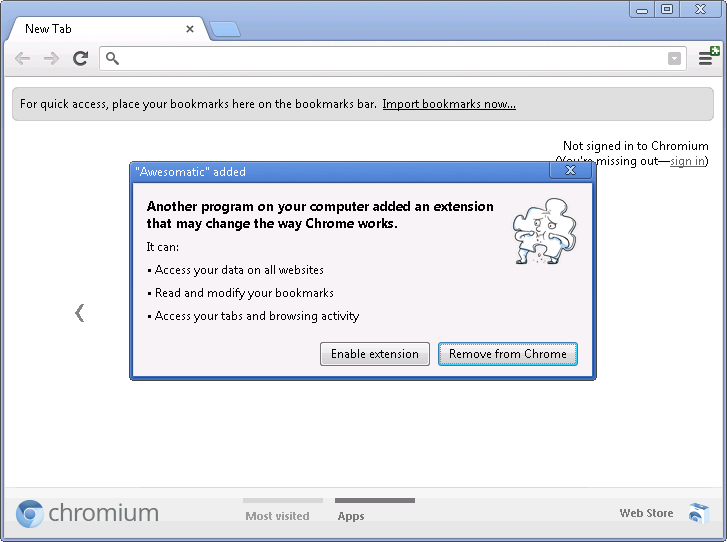Christmas ruined for 2,100 sex offenders booted off online games
Thousands of online gaming accounts linked to convicted sex offenders were shut down in the US this month.
Operation: Game Over resulted in the closure of 2,100 accounts registered through Gaia Online, NCSOFT, Funcom, THQ and other gaming platforms. Earlier this year 3,500 accounts were deleted from Microsoft, Apple, Blizzard Entertainment, Electronic Arts, Disney Interactive Media Group, Warner Brothers and Sony as part of the same clampdown.
The action was spearheaded by New York Attorney General Eric Schneiderman to prevent sex abusers from grooming children for subsequent abuse via online gaming. In a statement, Schneiderman said the action would making online gaming a safer venue for children.
“We must ensure that online video game platforms do not become a digital playground for dangerous predators,” Schneiderman said. “That means doing everything possible to block sex offenders from using gaming systems as a vehicle to prey on underage victims.”
Under the New York State’s Electronic Securing and Targeting of Online Predators Act (e-STOP), convicted sex offenders must register all of their email addresses, screen names and other internet aliases. The availability of this information made the crackdown possible. The operation affected Xbox Live, the PlayStation Network, World of Warcraft, Gaia Online and many other popular multi-player gaming accounts.
Online video games allow users to send messages to each other anonymously, a feature parents may be unaware of even though it has the potential for misuse.
In 2011, a 19-year-old man in Monroe County, NY, was indicted on sexual abuse charges after allegedly meeting and abusing a 12-year-old boy he befriended over a period of three months using Xbox Live. The adult invited the lad over to his house where the sex assault occurred, according to police.
Laura A. Ahearn, executive director of Parents for Megan’s Law and the Crime Victims Center, praised the clampdown: “This is a groundbreaking effort that keeps the online community safer for our children, and sends a strong message that sexual predators can’t hide behind anonymous profiles online to prey on victims anymore.”
New York State has more than 34,000 registered sex offenders, according to official records. ®
Article source: http://go.theregister.com/feed/www.theregister.co.uk/2012/12/27/child_abusers_online_gaming_purge/
